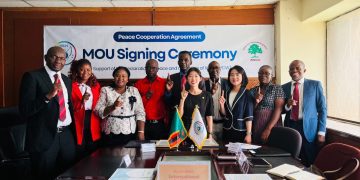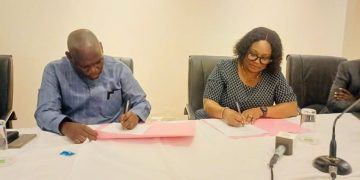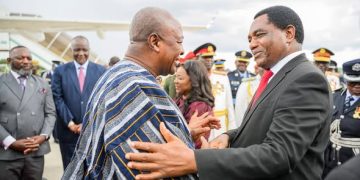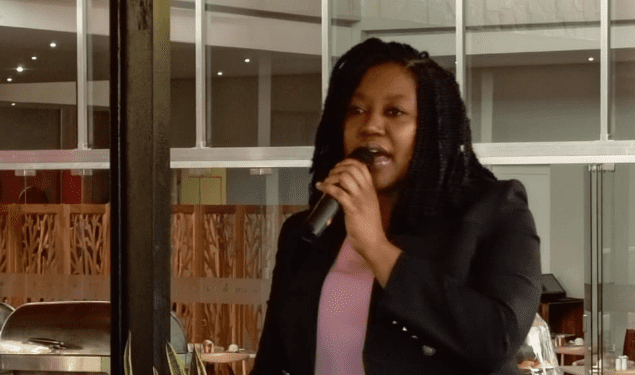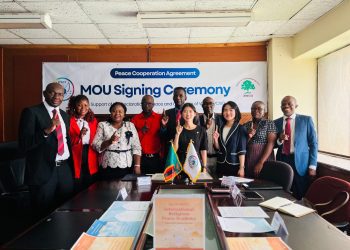By Juliet Makwama
The National Prosecution Authority NPA has challenged the media to make statistics regarding child marriages in Zambia more relatable, by bringing out real and impactful stories on the struggles and harms associated with such vices.
Statistics from the United Nations Populations Fund UNFPA and the United Nations International Childrens’ Emergency Fund UNICEF show that 29 percent of all young women aged between 20 and 24 in Zambia are married before they are 18 years, and five percent before turning 15.
Senior State Advocate from the NPA Gender Based Violence Crimes Department Monde Muyoba Chizongo said child marriage is a violation of fundamental human rights such as education which robs children of their innocence and full potential.
Ms Chizongo said this during a media meeting organized by Generation Alive Zambia and Equality Now, as a learning session for journalists on the Childrens’ Code Act and the Marriage Amendment Act.
Ms Chizongo explained that in Zambia, The Childrens’ Code Act has further strengthened protection for the child against marriage saying before August 2022, the offence of child marriage was limited to child learners under the Education Act number 23 of 2011 of the laws of Zambia.
She said when the Childrens’ Code Act was passed into law, it criminalized child marriage and provided a penal sanction for imprisonment of upto 10 years, in section 27 of the civil remedy to be decided by the court in section 28.
Ms Chizongo explained that child marriage has now been criminalized through the Childrens’ Code Act and that by implication, this means all those that facilitate child marriage can be prosecuted, adding that law enforcement officers now have the power to arrest perpetrators of child marriage.
This means that all children who were not covered for protection from early marriages by the education act are now protected by the law.
Ms Chizongo implored the media to expose the harms of child marriage through investigative journalism to bring out in-depth stories on the health, psychological and socio-economic consequences of the vice to create empathy and drive change.
She said the legal age of marriage is 21 years and above, while persons below 21 years but above 18 must obtain consent from either their parents.
And Ms Chizongo reminded journalists that they have tools at their disposal such as digital media and social platforms to engage young audiences through hashtags and viral content to spread awareness on child marriages.
She said the media is well positioned to inform communities on the harmful effects of child marriages on childrens’ health, education and economic development.
“You can do this through radio programs, depending on where you are. You can come up with a good communication strategy even in the rural areas. You can make use of whatever is there. As a media whether it is through newspaper articles, documentaries, whatever means you can use, you have a role to play when it comes to raising awareness,” Ms Chizongo said.
“There are stories of people who escaped child marriage and later succeeded in finishing their education, followed up on their careers and these stories can inspire others and provide hope,” Ms Chizongo said adding, “And so you can do investigative journalism. Find people who have been through these things, have them talk about it and how it affects their lives. Gather those statistics as you are reporting and talk about how their lives have been impacted by early marriages.”
She said with research showing that child marriage perpetuates poverty mostly because child brides do not receive education and economic opportunities, children need to be protected from the vice to break the cycle of poverty in families.


